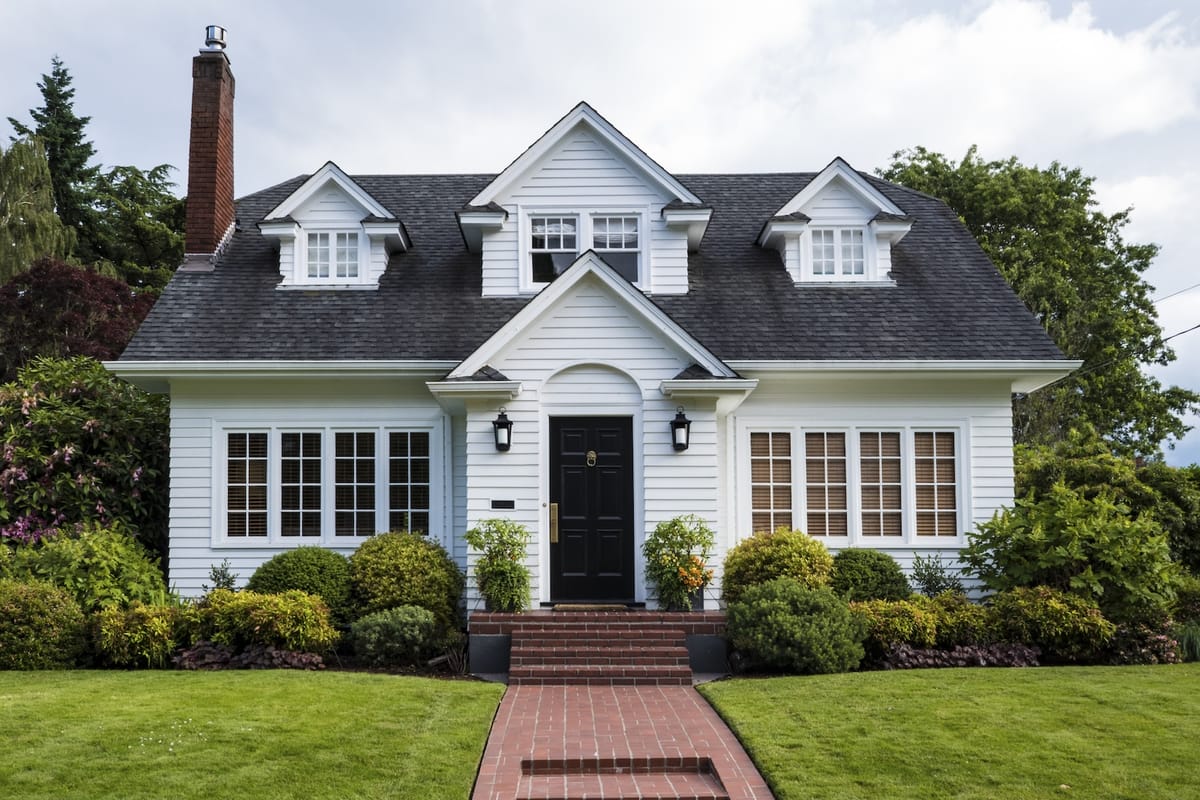

What is the Capital Gains Exclusion?
As a homeowner, you may have concerns about paying capital gains tax when you decide to sell your home. Fortunately, there is a tax provision known as the 'Section 121 Exclusion' that can help you save on taxes following a home sale. This exclusion enables homeowners who meet specific requirements to exclude up to $250,000 (or up to $500,000 for married couples filing jointly) of capital gains from the sale of their primary residence.
This means that if you sell your home for a gain of less than $250,000 (or $500,000 if married and filing jointly), you will not be obligated to pay capital gains tax on that amount. However, there are certain criteria you must meet to qualify for the home sale exclusion.
Primary Residence Requirement
To qualify for the Section 121 Exclusion, you must have owned and used the home as your primary residence for at least two of the five years leading up to the date of the sale. The IRS allows you to have only one primary residence at a time, and they use various factors to determine whether a home qualifies as a primary residence. Notably, the two years do not have to be consecutive; they can be cumulative months within the five-year period.
Frequency of Claiming the Exclusion
You can only claim this exclusion once every two years. So, if you have already excluded gains from a previous home sale within the last two years, you will need to wait before you can claim it again. This rule ensures that the exclusion is not abused and is only available to those who genuinely use the property as their primary residence.
Eligible Gains
The exclusion applies only to gains from your home's sale, not losses. Any portion of the profit exceeding the $250,000/$500,000 limit will be subject to capital gains tax. For example, if you are single and your profit is $300,000, $50,000 of that profit would be subject to capital gains tax.
The tax rate you pay on the excess profit depends on your income and whether the gain is short-term or long-term. Generally, long-term capital gains tax rates are lower than ordinary income tax rates.
Record Keeping
It's crucial to keep detailed records of your home sale, including the purchase price, any improvements made to the property, and expenses. These records will help you accurately calculate your capital gains and determine if you qualify for the exclusion.
Converting Rental Properties to Primary Residences
The rule even allows you to convert a rental property into a principal residence because the two-year residency requirement does not need to be fulfilled in consecutive years, just cumulative months. However, while serving as a rental property, the allocated portion falls under non-qualifying use and is not eligible for the exclusion.
According to the Housing Assistance Tax Act of 2008, the capital gains exclusion during the term when the property was used as a principal residence can only be applied during that period.
Widowed Taxpayers
Widowed taxpayers may be able to increase the exclusion amount to $500,000 from $250,000 when meeting all the following conditions: they sell their home within two years of the death of their spouse, they haven’t remarried at the time of the sale, neither the seller nor their late spouse took the exclusion on another home sold less than two years before the date of the current home sale, and they meet the two-year ownership and residence requirements.
Impact on Your Taxes
If your profit exceeds the exclusion limit, you will need to pay capital gains tax on the amount that surpasses the limit. This tax can be significant, so it is important to carefully calculate your gains and ensure you meet all the eligibility criteria.
Why This Exclusion Matters
The Section 121 Exclusion is a valuable tax benefit for homeowners. It allows you to retain more of the profit from the sale of your home, which can be a significant source of funds for retirement, other investments, or your next home purchase.
Consulting a Tax Professional
Given the complexity of tax laws and the specific requirements for the Section 121 Exclusion, it is often wise to consult a tax professional. They can help you navigate the rules, ensure you meet the eligibility criteria, and maximize your tax savings.
Understanding Capital Gains Exclusion
The Section 121 Exclusion is a valuable tax provision that can save you significant amounts on capital gains tax when selling your primary residence. To qualify, you must meet the primary residence requirement, adhere to the frequency of claiming the exclusion, ensure the gains are eligible, and keep detailed records. Understanding these rules and potentially consulting a tax professional can help you make the most of this tax benefit.
Dues are $12 per year. Member benefits:
✅ Ad-Free Website Viewing
✅ Advocacy for Republican Seniors
✅ 120+ Senior Discounts
✅ Member Only Newsletters